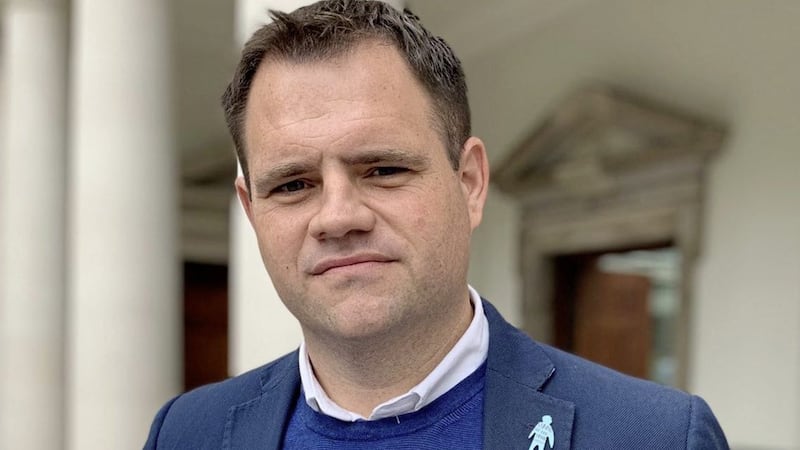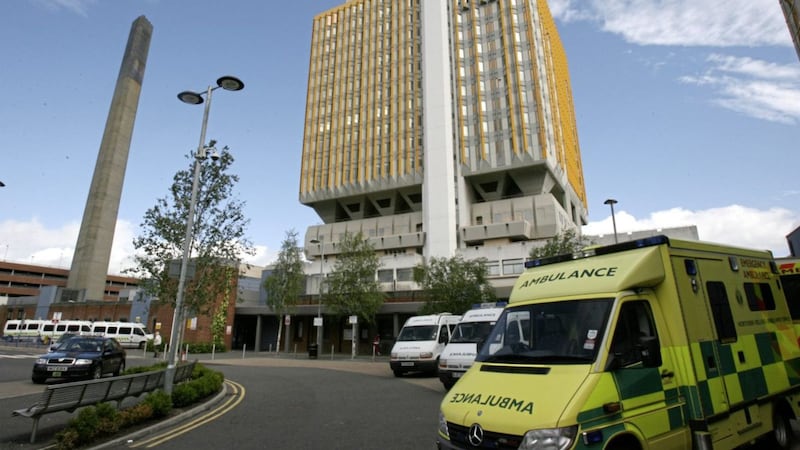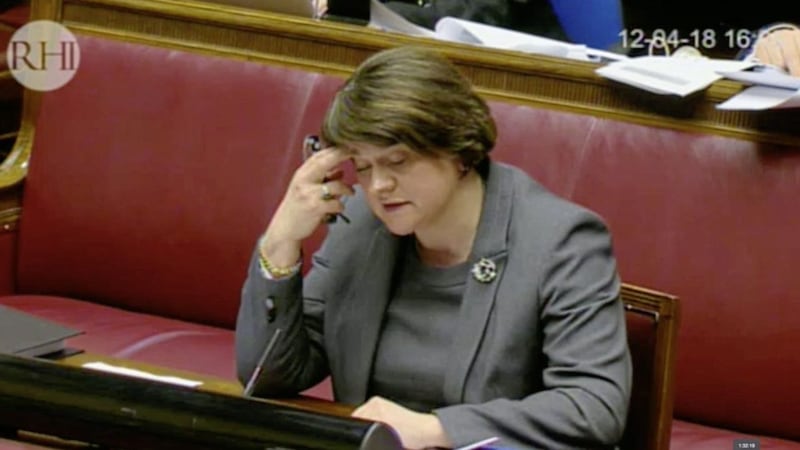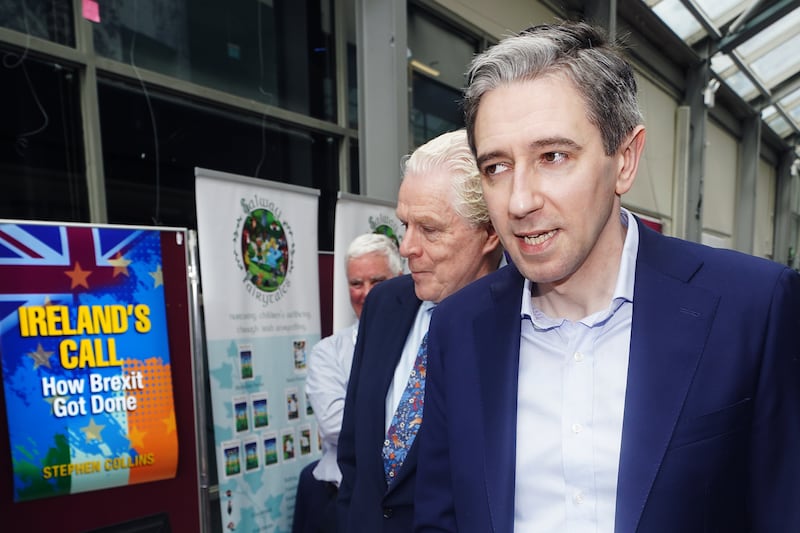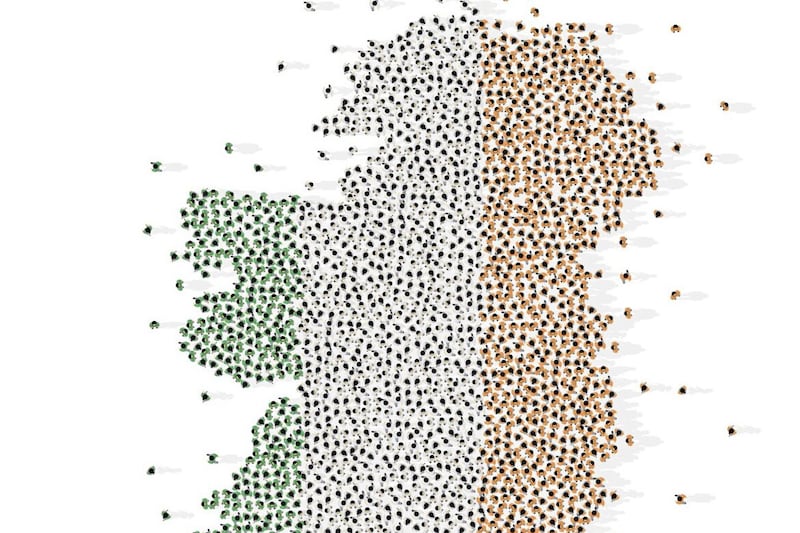Neale Richmond concedes that Fine Gael isn’t the first party you associate with the drive for reunification. Yet he’s quick to point out that its official name remains ‘Fine Gael - the United Ireland Party’. The Dublin Rathdown TD also acknowledges that people and circumstances can change. A century on from partition and 24 years after the Good Friday Agreement, he believes the momentum towards Irish unity is now at its strongest, and that the UK’s decision to leave the EU is the primary driver.
“I think Fine Gael has been characterised in the past as shying away from the unity debate and that’s fair enough,” he says.
“There wasn't a huge desire to talk about unity through the 1970s, 80s and 90s – among any parties in the south to be honest – but I fundamentally believe Brexit has massively changed that, and now it's as much about responsibility as desire.”
The 39-year-old member of the Church of Ireland describes himself as coming from a “unionist tradition a few generations back” – his late mother was a Co Cavan native, while his late father hailed from Co Wicklow “but from Cavan stock”. He grew up playing hockey, rugby and cricket rather than GAA and is married to a fellow Dubliner “from an Anglo-Irish household”.
Nevertheless, he believes he represents a new breed of Fine Gael politician that is comfortable with the notion of Irish unity. Both his party leader Leo Varadkar and deputy leader Simon Coveney have publicly voiced a desire to see a united Ireland in their lifetimes.
“Unity it's no longer just an emotional aspiration bandied about and left to one party to keep pushing, it's now something that's coming into discussions a lot more across the island, and I certainly think has been an element of a generational shift,” the Fine Gael TD says.
“That’s especially true within my own party where political colleagues who maybe came up through the political system in the ‘80s and ‘90s, would have a very different outlook when it comes to dealing with north-south issues, than perhaps my own generation, and that of our leader and deputy leader.”
Mr Richmond is a strong supporter of Taoiseach Micheál Martin’s Shared Island initiative, believing it helps overcome the economic, educational and infrastructural barriers put in place by partition.
“I hope in due course it leads to a united Ireland but even if it doesn't, I believe that in the short term it breaks down those barriers and gets more people used to travelling across the island,” he says.
“It's in everybody's interests, regardless of tradition.”
His advocacy for Irish unity is based on returning the entire island into European Union but equally he argues it’s about “consolidation”.
“We're a relatively small island of just over 7 million people – there's too many areas where we're working counter to each other where we could be working collectively,” he says.
“Also from practical point of view it would show that we can be a modern, tolerant, progressive society encompassing of all, and that we don't have this artificial border down the island that can be weaponised.”
The Fine Gael European affairs spokesman’s most recent contribution to the growing debate around reunification is arguing for the creation of an Oireachtas committee on Irish unity, which he believes should be established ahead of citizens’ assembly on constitutional change.
“This would be a special parliamentary committee sitting for up to six months that would bring together TDs and senators, on a weekly basis to take hearings – I did the same when I chaired the Brexit committee in the Seanad,” he says.
“All the key areas that need to be addressed – bring people in from a swathe of political traditions and also from other jurisdictions where they've had big discussions about this kind of thing before, such as Germany. We’d give it the full parliamentary scrutiny in order to produce a clear report setting out what a united Ireland could look like.”
In terms of the timing for a border poll, Mr Richmond believes there’ll likely be a referendum “within the decade” though he cautions against one in the immediate future believing support for unity isn’t there yet.
However, he suspects that the current British government – “the best proponents of a United Ireland” - could effectively ambush nationalism and call a referendum sooner.
“It’s a real wildcard but with this particular British government and their brand of populism, they could easily call a border poll,” he says.
“That would leave us with no preparation done – and the worst thing that can happen is we vote yes to unity but no-one’s done any preparation for us – we’d be left with the same sorry mess that the Brexiteers have left themselves with.”
And what does he say to unionists who argue that formal talks about constitutional change would be self-defeating?
“Gregory Campbell once said that we just don't get it – well, if we don't talk to each other, how can we get their concerns their fears?” he says.
“And you know, and there's nothing to be afraid in simply talking about something – it doesn’t make it inevitable.”
